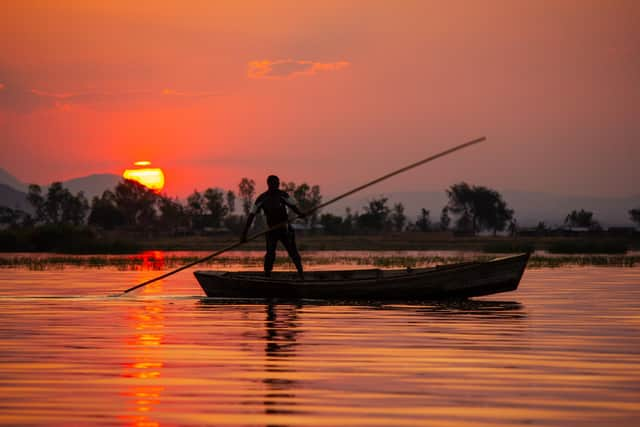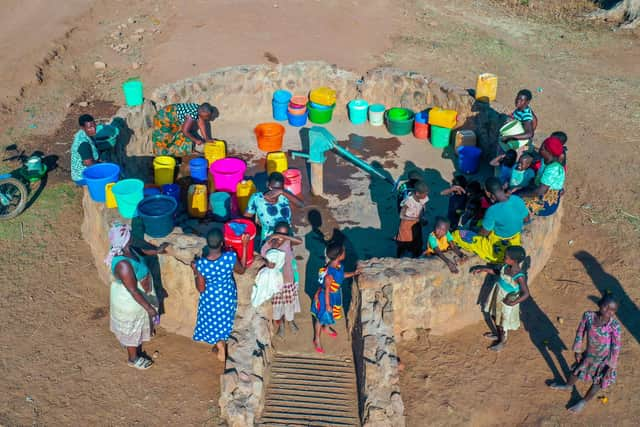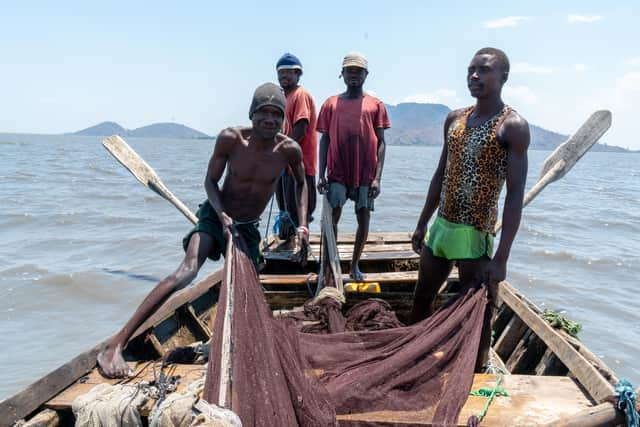How climate change is ravaging some of the world's poorest communities
The images, taken by Malawi-based photographer Dennis Lupenga, reveal the human story of life around Lake Chilwa – the second largest water body in the country, which is surrounded by a densely populated area that is home to around 1.5 million people.
They show how increasingly extreme floods, droughts and heatwaves, driven by global warming, are affecting health and livelihoods and threatening the community’s very survival.
Advertisement
Hide AdAdvertisement
Hide AdMalawi is the third-poorest country in the world and is ranked at number 23 in the list of the most vulnerable to the consequences of climate change – despite its comparatively minimal contribution to global greenhouse gas emissions.


Nationally, three in 10 citizens have no access to clean water near their home, and the changing climate is making it even harder to reach as droughts dry up sources and flooding contaminates them.
Peter Phiri, head of programmes for the charity WaterAid Malawi, said: “The situation in Lake Chilwa is a clear example of how climate change is worsening the already poor access to basic water, sanitation and hygiene services for those who are least to blame for its causes.
“Access to a reliable clean water supply, good sanitation and hygiene is the most important way of coping with the effects of climate change.
“We need to ensure now that a fair share of global finances targeted at climate investment goes to mitigate the growing threats to the lives and livelihoods of those most affected on the front line of climate change impacts.”


Figures show only five per cent of total global climate funding is spent helping countries adapt to the environmental emergency, and much of that money is not invested in the communities most impacted by its effects.
Some of the most climate-vulnerable countries receive less than £1 per person each year for water.
Scotland has strong links with Malawi, which began with David Livingstone's journeys up the Zambezi and Shire Rivers to Lake Malawi in 1859 and continue today through the Scotland-Malawi Partnership and aid work in the country.


A message from the Editor:
Thank you for reading this article. We’re more reliant on your support than ever as the shift in consumer habits brought about by coronavirus impacts our advertisers.
If you haven’t already, please consider supporting our trusted, fact-checked journalism by taking out a digital subscription.
Comments
Want to join the conversation? Please or to comment on this article.
